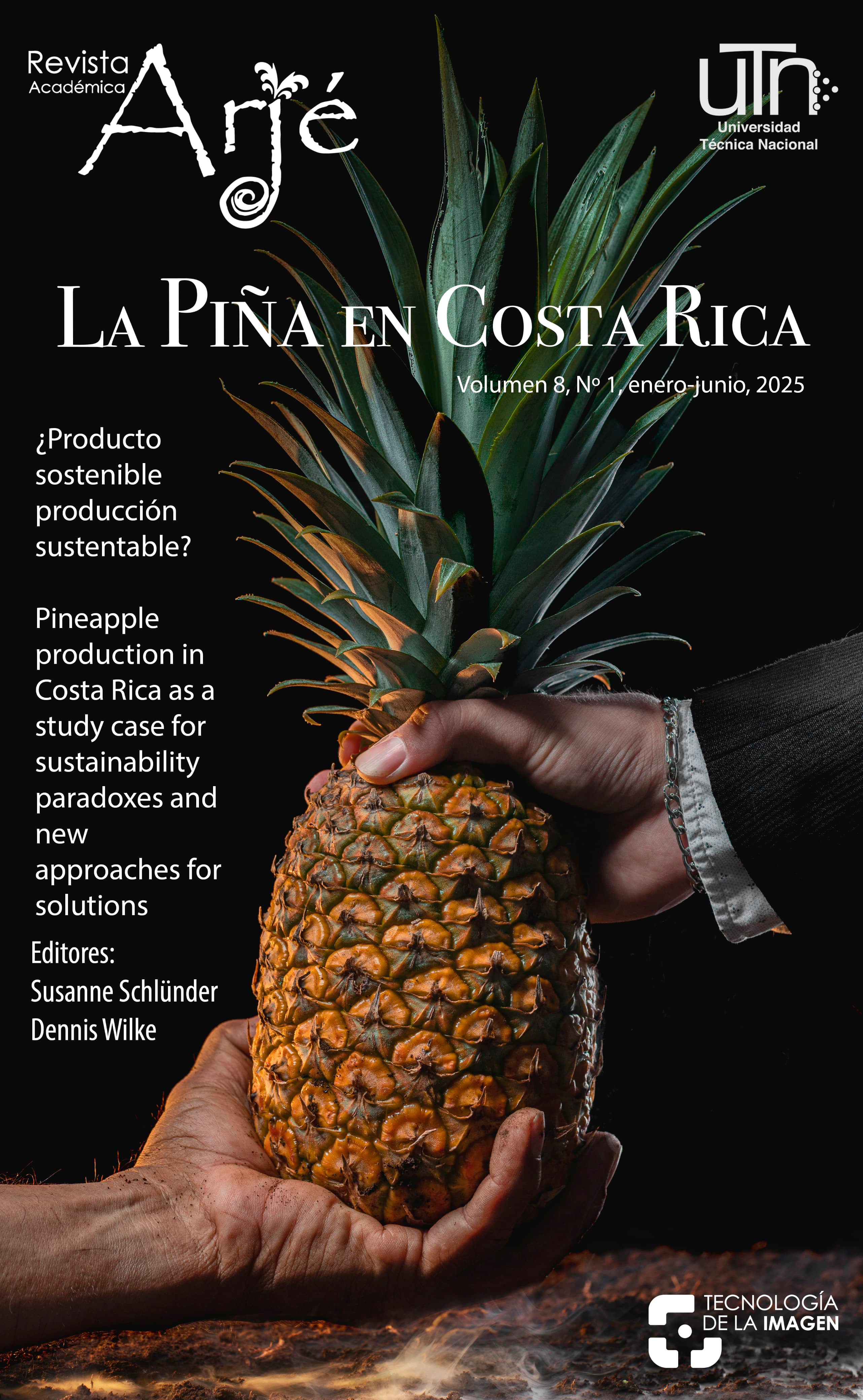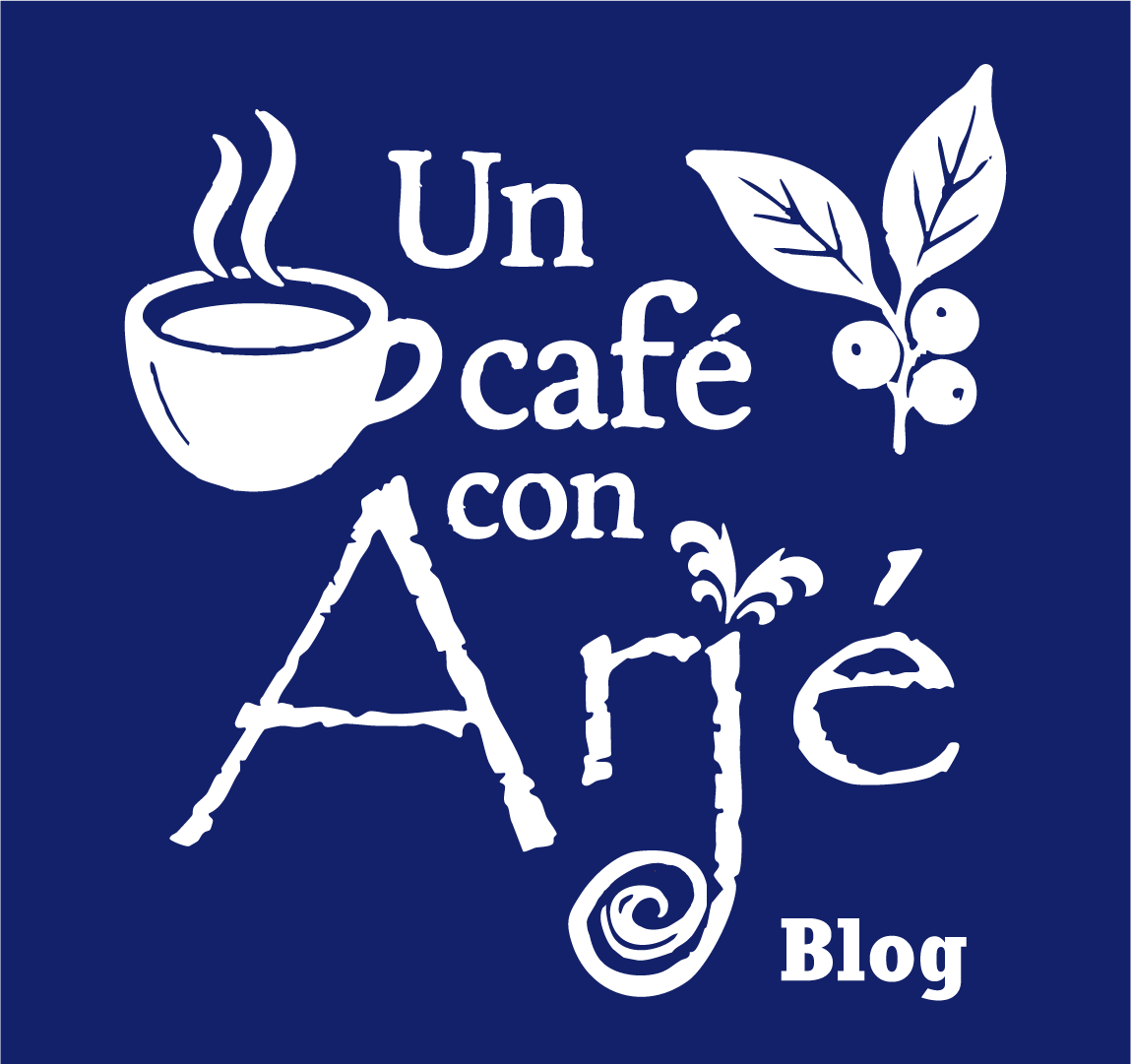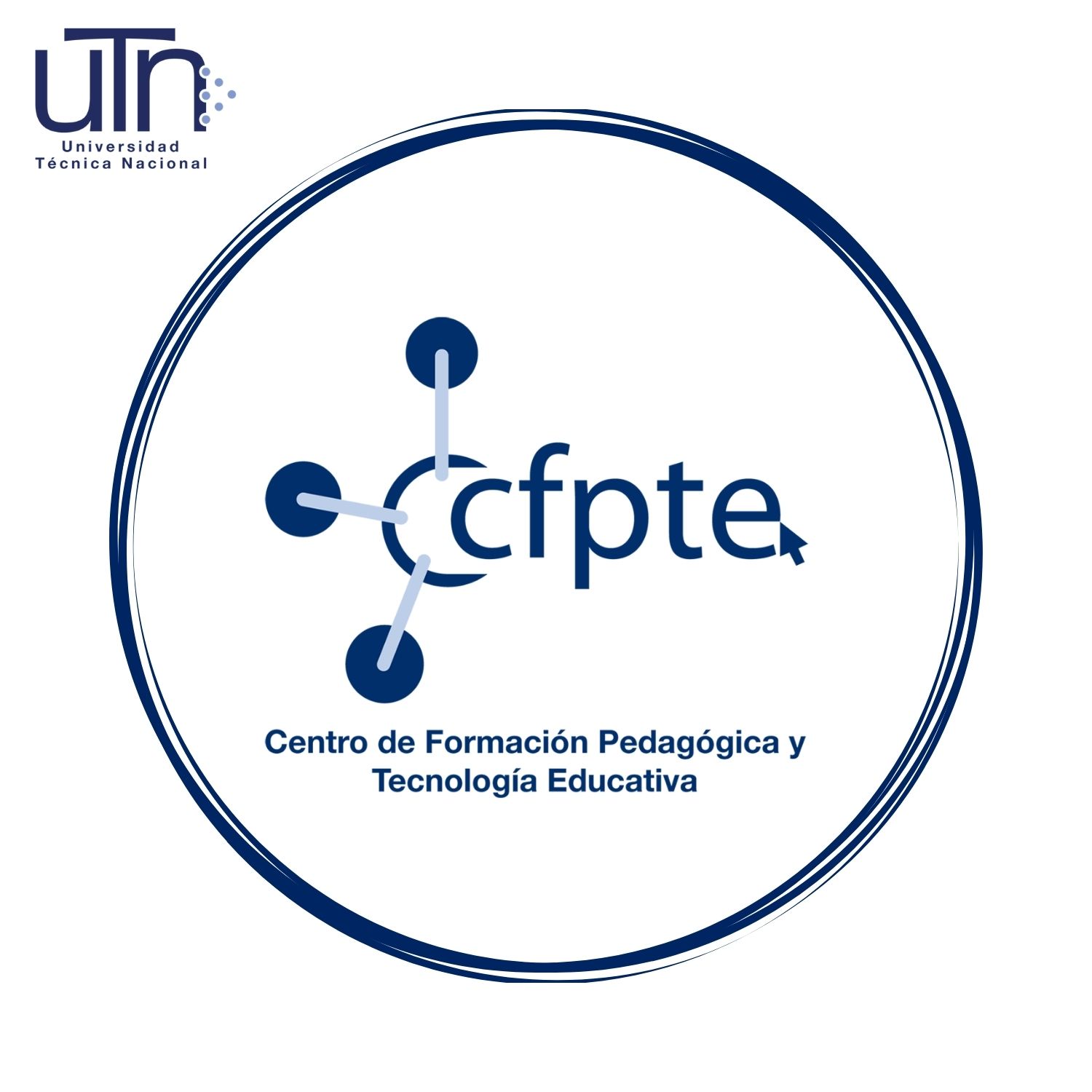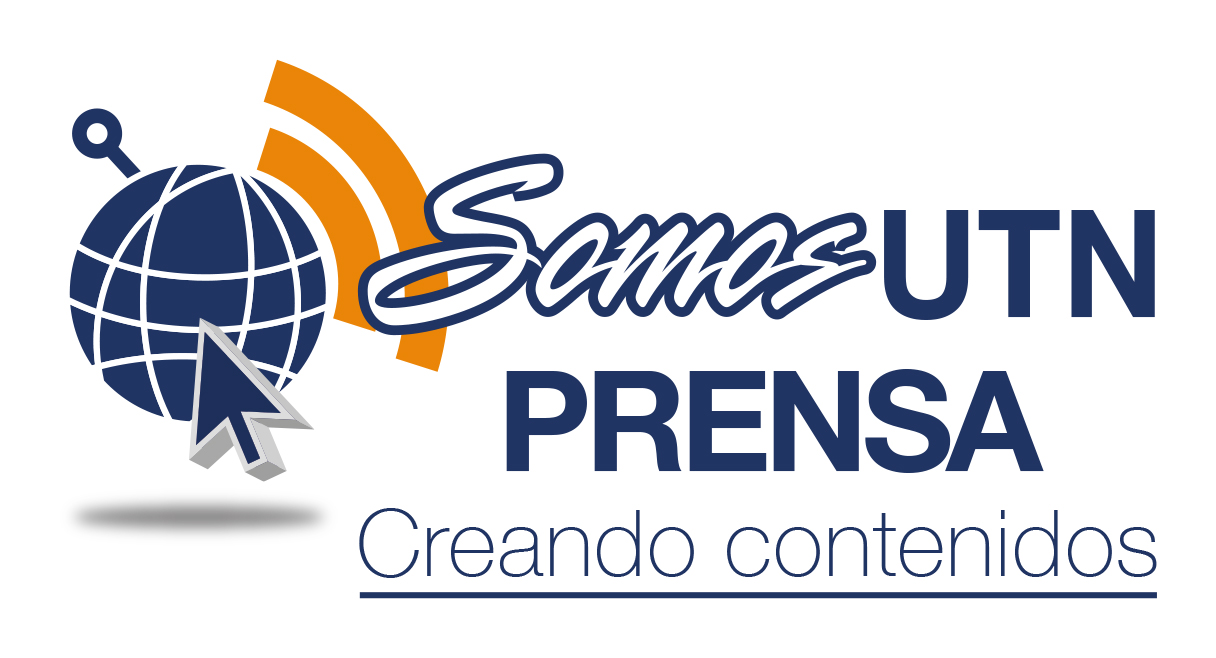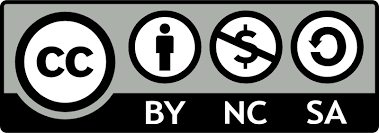Narratives from the Pineapple Republic. On national self-understanding and sustainability paradoxes in Costa Rica as detected in Adrián Jiménez Brais’ play PIÑA
DOI:
https://doi.org/10.47633/v8kwtd85Keywords:
agrarian extractivism, drama, green exceptionalism, narrative analysis, pineapple, sustainable development, work and peaceAbstract
The following article analyzes the play PIÑA (2023) by Costa Rican author Adrían Jiménez Brais. Based on an understanding of literature as a repository of social knowledge, where urgent narratives, discourses and issues are made visible and negotiated, this study focuses on the function of storytelling in the play. The play deconstructs Costa Rican narratives that pertain to the core of national self-understanding and identity formation, and that promote current agricultural extractivism, producing sustainability paradoxes. By working out these narratives and situating them in cultural history, the literary analysis aims to show, in line with Dillon and Craig, to what extent the play places "narrative evidence" alongside scientific evidence.
Downloads
References
Aguilar Vargas, M. (2007). Los Papeles de Silvio Víctor. Editorial de la Universidad de Costa Rica.
Amoretti Hurtado, M. (2002). Magón: la irresistible seducción del discurso. Editorial de Costa Rica.
Bachtin, M. M. (1979). Die Ästhetik des Wortes. R. Grübel (ed.). Frankfurt a.M., Suhrkamp.
Chao, S., Wolford, W., Ofstehage, A., Guttal, S., Gonçalves, E., & Ayala, F. (2024). The Plantationocene as analytical concept: a forum for dialogue and reflection. The Journal of Peasant Studies, 51(3), 541–563. https://doi.org/10.1080/03066150.2023.2228212
Córdoba Rojas, D. (2019). “Piña”: una puesta en escena que busca concientizar sobre el cultivo de esta fruta. Noticias Universidad de Costa Rica. https://www.ucr.ac.cr/noticias/2019/5/10/pina-una-puesta-en-escena-que-busca-concientizar-sobre-el-cultivo-de-esta-fruta.html
Cubillo Paniagua, R. (2022). Emergence and consolidation of the Olympus generation: the founders of the so-called Costa Rican literature (1880-1920). Noticias Universidad de Costa Rica. https://www.ucr.ac.cr/noticias/2021/10/22/surgimiento-y-consolidacion-de-la-generacion-del-olimpo-los-fundadores-de-la-llamada-literatura-costarricense-1880-1920.html
Dillon, S., & Craig, C. (2023). Storylistening: How narrative evidence can improve public reasoning about climate change. Wiley Interdisciplinary Reviews: Climate Change, 14(2), e812. https://doi.org/10.1002/wcc.812
Dürbeck, G. (2018). Narrative des Anthropozän – Systematisierung eines interdisziplinären Diskurses. Kulturwissenschaftliche Zeitschrift, 3(1), 1–20. https://doi.org/10.2478/kwg-2018-0001
Eco, U. (1982). Lector in fabula. Lumen.
Erll, A. & Roggendorf, S. (2002). Kulturgeschichtliche Narratologie: Die Historisierung und Kontextualisierung kultureller Narrative. In A. Nünning, & V. Nünning (Eds.). Neue Ansätze in der Erzähltheorie (pp. 73–113). Wissenschaftlicher Verlag
Esencial Costa Rica. (n.d.). Retrieved August 22, 2024, from https://www.esencialcostarica.com
González Bonilla, E. (2020). Más allá del Siglo: Entre bananos y machetes (Las Hermanas Argueta, Ed.). Editorial EVA.
Gutiérrez Arguedas, A., & Granados Chaverri, C. (2020). Nacionalismo, Frontera y Excepcionalismo Verde en Costa Rica. Anuario de Estudios Centroamericanos (46), 1–28. https://doi.org/10.15517/AECA.V46I0.43807
Haraway, D., & Tsing, A. (2019). Reflections on the Plantationocene. A conversation with Donna Haraway and Anna Tsing moderated by Gregg Mitman. Edge Effects, 1–19. https://web.archive.org/web/20250218074517/https://edgeeffects.net/wp-content/uploads/2019/06/PlantationoceneReflections_Haraway_Tsing.pdf
Iser, W. (1976). Der Akt des Lesens: Theorie ästhetischer Wirkung. Fink.
Jiménez Brais, A. (2019). Representación de la obra PIÑA [video]. Escuela de Artes Dramáticas, Universidad de Costa Rica. https://www.youtube.com/watch?v=je_u1QlRcmc
Jiménez Brais, A. (2023). PIÑA. Repertorio Americano, 33, 407–428. https://web.archive.org/web/20240806004738/https://www.revistas.una.ac.cr/index.php/repertorio/article/view/19323
Jiménez Matarrita, A. (2005). El imposible país de los filósofos. Editorial de la Universidad de Costa Rica.
Jones, M. D., McBeth, M. K., & Shanahan, E. A. (2022). A Brief introduction to the Narrative Policy Framework. In M. D. Jones, M. K. McBeth, & E. A. Shanahan (Eds.), Narratives and the Policy Process: Applications of the Narrative Policy Framework (pp. 1–12), Montana State University Library. https://doi.org/10.15788/npf1
Jones, M. D., & Song, G. (2014). Making Sense of Climate Change. How Story Frames Shape Cognition. Political Psychology, 35(4), 447–476. https://doi.org/10.1111/pops.12057
Kaltmeier, O., Rohland, E., Cham, G., Lima, S. H., Acker, A., Romero, L. E. Á., Becerra, J. A. C., Acosta, V. G., McDermott, A. G., Gutiérrez, R., Duarte, R. H., Ibarra, C., Sandoval, M. F. L., Bohne, S. M., Pádua, J. A., Rashkin, E., Scott, H. V., Taks, J., Wendt, H., & Zarrilli, A. G. (2024). The Anthropocene as Multiple Crisis: Latin American Perspectives on Land Use. In O. Kaltmeier, M. F. López Sandoval, J. A. Pádua, & A. G. Zarrilli (Eds.), Land Use – Handbook of the Anthropocene in Latin America I (pp. 15–44). Bielefeld University Press. https://www.degruyterbrill.com/document/doi/10.1515/9783839470114-003/html
Koschorke, A. (2012). Wahrheit und Erfindung: Grundzüge einer Allgemeinen Erzähltheorie. S. Fischer Verlag.
Latour, B., Ait-Touati, F., & Latour, C. (2011). Kosmokolos. Global Climate Tragi-Comedy (J. Rose, Trans., Version 4). https://web.archive.org/web/20240622055409/http://www.bruno-latour.fr/sites/default/files/downloads/KOSMOK-JULIE-ROSE-GB.pdf
Lejano, R., Ingram, M., & Ingram, H. (2013). The Power of Narrative in Environmental Networks. MIT Press.
León Araya, A. (2021). Agrarian extractivism and sustainable development. The politics of pineapple expansion in Costa Rica. In B. M. McKay, A. Alonso-Fradejas, & A. Ezquerro-Cañete (Eds.), Agrarian Extractivism in Latin America (pp. 99–116). University of Calgary. https://doi.org/10.4324/9780367822958-6
Méndez Alfaro, R. Á. (2007). Imágenes del poder. Juan Santamaría y el ascenso de la nación en Costa Rica (1860-1915). Editorial UNED.
MINAE – SINAC – CONAGEBIO – FONAFIFO. (2018). Sexto Informe Nacional al Convenio de Diversidad Biológica de Costa Rica. https://web.archive.org/web/20230806102405/https://www.cbd.int/doc/nr/nr-06/cr-nr-06-p2-es.pdf
Molina Jiménez, I., & Díaz Arias, D. (2021). El gobierno de Carlos Alvarado y la contrarrevolución neoliberal en Costa Rica. CIHAC.
Mondol López, M. (2021). Literatura, identidades y sociedad costarricense. Desde el siglo XXI hasta los inicios de la literatura nacional. EUNED.
Monge Hernández, C. (2015). Desarrollo sostenible a la tica: geopolítica y ambiente en la Administración Figueres Olsen (1994-1998). Revista Rupturas, 5(1), 1–21. https://doi.org/10.22458/rr.v5i1.712
Morataya-Montenegro, R., & Bautista-Solís, P. (2020). Water Governance and Adaptation to Drought in Guanacaste, Costa Rica. In E. de Oliveira Vieira, S. Sandoval-Solis, V. de Albuquerque Pedrosa, & J. P. Ortiz-Partida (Eds.), Integrated Water Resource Management: Cases from Africa, Asia, Australia, Latin America and USA (pp. 85–100). Springer International Publishing. https://doi.org/10.1007/978-3-030-16565-9_8
Probst, S., Dürbeck, G., & Schaub, C. (2022). Was heißt es, von ‚anthropozäner Literatur‘ zu sprechen? Einleitung. In G. Dürbeck, S. Probst, & C. Schaub (Eds.), Anthropozäne Literatur (Vol. 1, pp. 1–24). Springer Berlin Heidelberg. https://doi.org/10.1007/978-3-662-63899-6_1
Quesada Soto, Á. (2008). Breve historia de la literatura costarricense. Ed. Costa Rica.
Schlünder, S. (2024). Estéticas de contaminación en el plantacioceno: Adrián Jiménez Brais, PIÑA (2019/2023). In R. Bolte, H. Doetsch, B. Loy & S. Schlünder (Ed.), Existencias contaminadas (pp. 273–290). De Gruyter. https://doi.org/10.1515/9783111339290-016
Schmieder, F. (2018). »Eingebaute Verantwortungslosigkeit« Über Systembedingungen mangelnder Nachhaltigkeit. In A. Henkel, N. Lüdtke, N. Buschmann, & L. Hochmann (Eds.), Reflexive Responsibilisierung: Verantwortung für nachhaltige Entwicklung (pp. 181–194). Transcript Verlag. https://doi.org/10.1515/9783839440667-010
Shanahan, E. A., McBeth, M. K., & Hathaway, P. L. (2011). Narrative Policy Framework. The Influence of Media Policy Narratives on Public Opinion. Politics & Policy, 39(3), 373–400. https://doi.org/10.1111/j.1747-1346.2011.00295.x
Soto Quirós, R. (2008). Imaginando una nación de raza blanca en Costa Rica: 1821-1914. Amérique Latine Histoire et Mémoire. Les Cahiers ALHIM, 15. https://doi.org/10.4000/alhim.2930
Wolford, W. (2021). The Plantationocene: A lusotropical contribution to the theory. Annals of the American Association of Geographers, 111(6), 1622–1639. https://doi.org/10.1080/24694452.2020.1850231
Published
Issue
Section
License
Copyright (c) 2025 Susanne Schlünder

This work is licensed under a Creative Commons Attribution-NonCommercial-NoDerivatives 4.0 International License.
All articles in the Revista Académica Arjé are published under the Creative Commons Attribution-NonCommercial-ShareAlike 4.0 International License (CC BY-NC-SA 4.0).
This means that:
-
Attribution: Proper credit must be given to the original authors, a link to the license must be included, and any changes made must be indicated.
-
NonCommercial: The material may not be used for commercial purposes.
-
ShareAlike: If the work is adapted or remixed, the resulting version must be distributed under the same license.
More information at: https://creativecommons.org/licenses/by-nc-sa/4.0/deed.en
